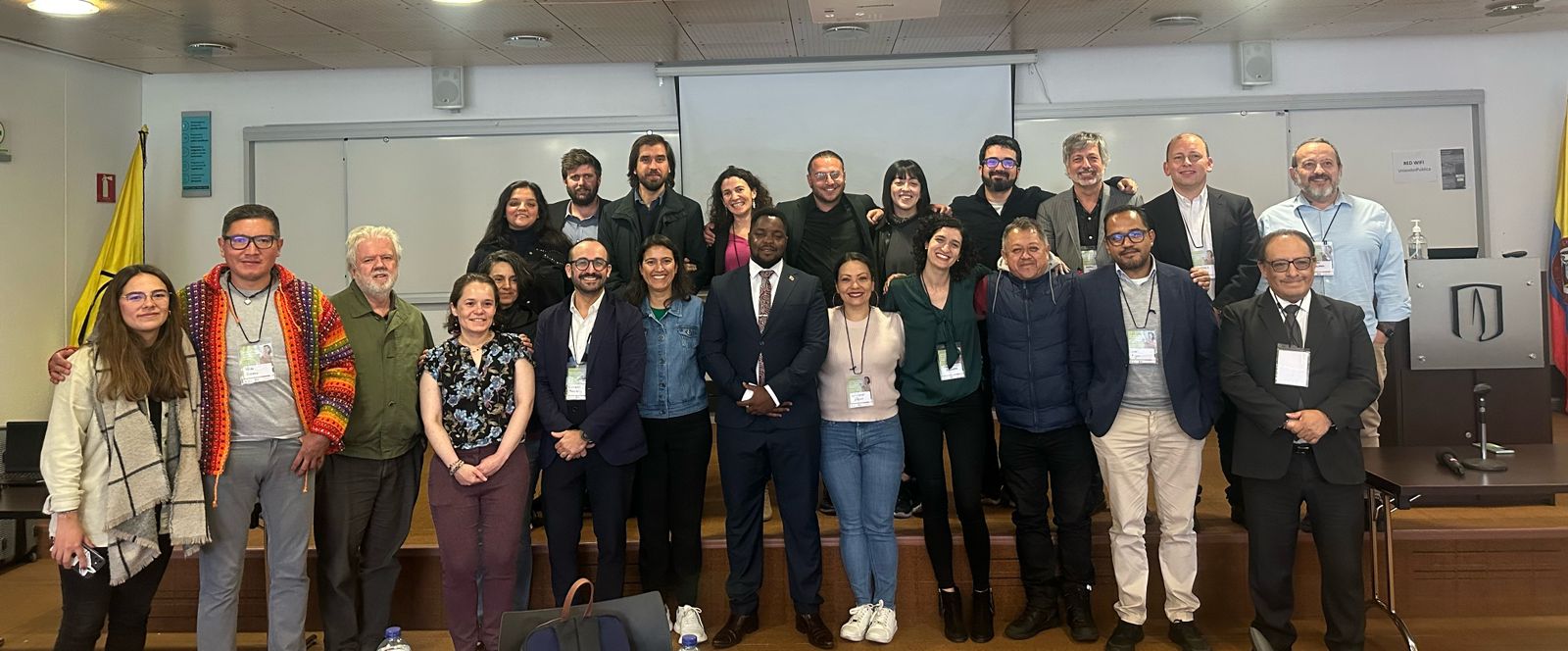Between 18 and 20 September 2023, the International Commission of Jurists (ICJ), the Access to Justice Knowledge Hub and the Andes University’s Programme of Action for Equality and Social Inclusion (Programa de Acción por la Igualdad y la Inclusión Social -PAIIS) jointly held a regional workshop in Bogotá, Colombia, on the discriminatory, disproportionate and often arbitrary use of criminal justice systems against marginalized individuals and groups in Latin America. The event brought together approximately 30 members of civil society organizations, justice actors, judges and representatives of government institutions. Participants came from a range of Latin American countries, including Argentina, Chile, Colombia, Ecuador, Mexico, Paraguay, and Peru.
The workshop centred around the ICJ’s “8 March Principles for a Human Rights-Based Approach to Criminal Law Proscribing Conduct Associated with Sex, Reproduction, Drug Use, HIV, Homelessness and Poverty” (8 March Principles) as well as the UN Special Rapporteur on the rights of persons with disabilities’ “International Principles and Guidelines on Access to Justice for Persons with Disabilities”. Participants agreed that the alarming worldwide trend of over-criminalization was evident in Latin America too. This trend hinders the advancement of human rights, especially the rights of marginalized individuals and groups, such as LGBTI+ persons, people living with HIV, women with disabilities and women living in poverty.
In his keynote presentation, ICJ Commissioner Rodrigo Uprimny discussed “the inevitability of criminal law”, describing it as “a bitter necessity for social coexistence”. Certain conduct, he argued, such as acts constituting human rights abuses, must inevitably be criminalized by States. Against this background, Uprimny also noted that there is tendency towards “penal populism” in Latin America, often resulting in the disproportionate and discriminatory use of criminal law in various contexts, such as social protest, drug use and abortion. Commenting on the importance of the 8 March Principles in Latin America, he therefore said:
“Reality shows that the conduct addressed by the Principles is precisely the conduct where the discriminatory impact of criminal law tends to be very strong (…) on all grounds of discrimination: gender, race, disability, poverty, etc. (…). The Principles call for caution against the tendency toward over-criminalization. (…). overcriminalization is not only a matter of authoritarian right-wing governments in Latin America. In the human rights world, there is a movement towards retributivism. (…) [The use of criminal law] may sometimes be justified, but sometimes it can have perverse effects.”
The participants reflected on common predicaments and barriers that criminal justice systems impose against marginalized groups and individuals in Latin America, including in relation to the disproportionate impact of criminal law on women, homeless persons, persons living with HIV, people who use drugs and persons with disabilities.
A central element of the discussion was that human rights violations as a result of criminal proceedings involve the failure of a range of actors — including judges, prosecutors, police officers and other justice actors, but also of psychiatrists and social services — to understand and apply international human rights standards. In this regard, participants highlighted, inter alia, the lack of knowledge and application of the Convention on the Rights of Persons with Disabilities and of the jurisprudence of the UN Committee on the Rights of Persons with Disabilities in relation to access to justice for persons with disabilities. As a result, persons with disabilities in Latin America, and particularly those with psychosocial disabilities, face serious obstacles in exercising their right to legal capacity in the context of criminal proceedings.
Participants committed to a common agenda for joint advocacy, including through the provision of workshops to justice actors, such as judges, in Latin America. In particular, more in-depth knowledge of international human rights law and standards in the criminal justice context, as well as disability rights, is needed.
Contacts:
Rocío Quintero M, ICJ Legal Adviser for the Latin America Programme, e: rocio.quintero@icj.org
Timothy Fish Hodgson, ICJ Senior Legal Adviser, Economic, Social and Cultural Rights, e: timothy.hodgson@icj.org




